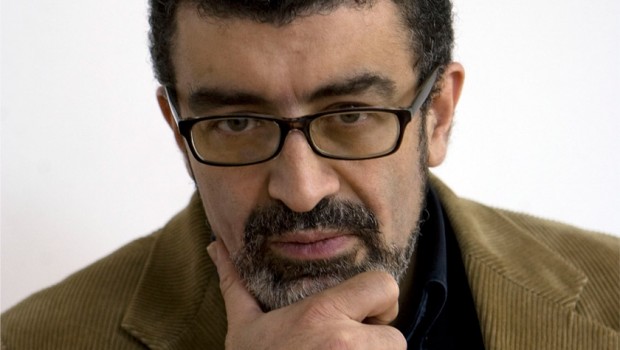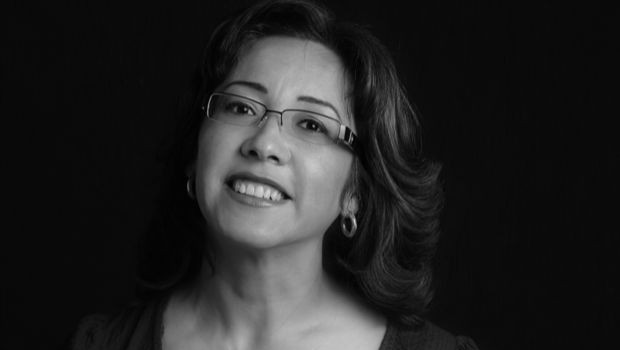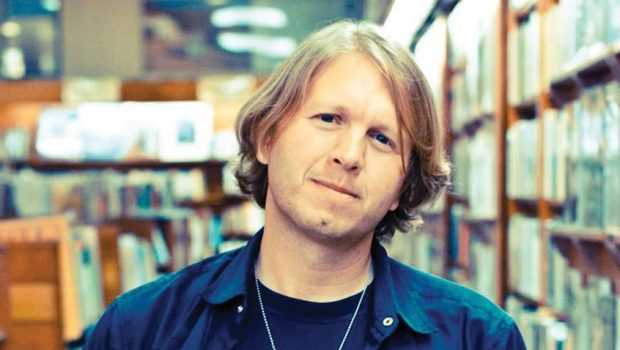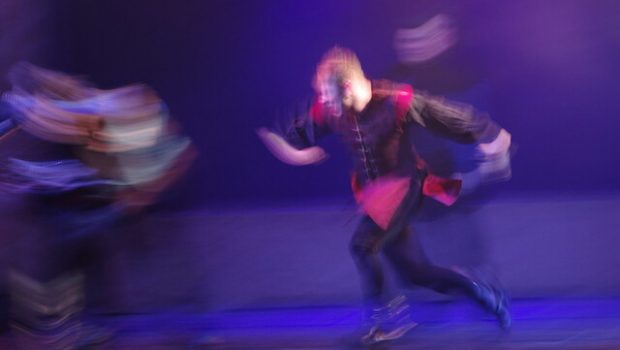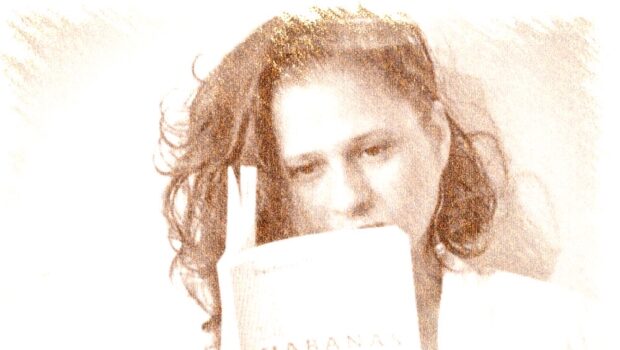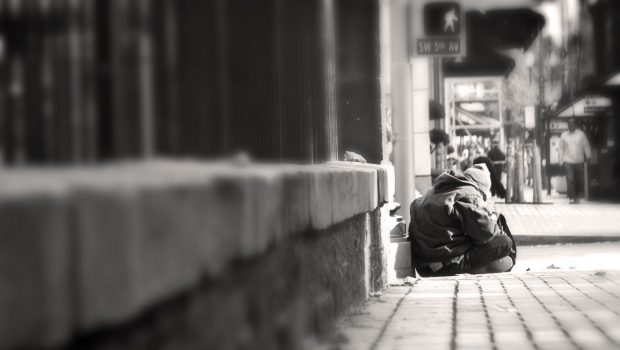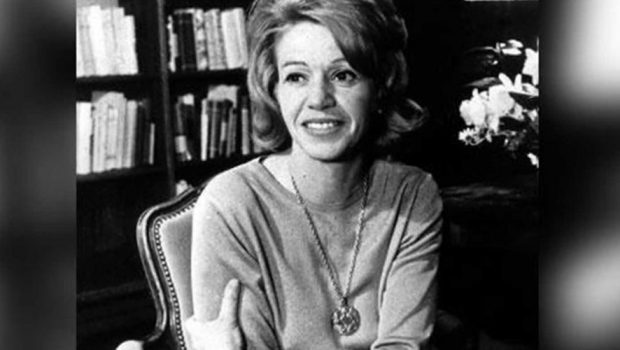The Patriotic Dream
Naief Yehya
English translation by Yvette Neisser Moreno
I received a letter inviting me to appear at the local offices of the FBI for an interview. Few of my acquaintances had dared to turn down the invitation. So on December 15th, I arrived on time for my appointment. On arriving at the designated building, I found myself among a crowd of people with flags and signs demonstrating loudly in favor of using the atomic bomb to wipe Mecca off the planet. In order to enter the federal building, one would have to pass through a corridor of demonstrators that continually yelled insults and threw things at me. As I exited the metro station, the scene left me paralyzed. I didn’t dare to go near and run through, facing the same luck as a couple who were soaked in a red, viscous substance that looked like blood. There were some police officers who checked the invitation letters and opened portfolios, bags, and packages, but they were standing several stops before the mob, which they deliberately ignored. One man confronted the demonstrators: “We are not guilty for September 11th. We are decent citizens, not terrorists or criminals,” he said with a noticeable accent.
The people continued yelling: “Death to the Arabs! Death to the servants of Bin Laden!”
“I have only come to help the FBI,” he yelled with all his might, to make himself heard over the din.
Then somebody threw a plastic cup full of yellow liquid that hit him right in the face. “Coward! Evil Taliban!”
Laughter broke out, along with many more objects thrown. The man fell to the ground and continued on all fours until one of the police officers stopped him and pointed him towards the entrance to the building on the other side. They argued, but the police officer picked the man up by the blazer and pushed him back into the mob. “Run or you’ll be late!” yelled the policeman, then laughed with his fellow officers.
The man covered his head and ran towards the building, turning white from all types of objects and more than two kicks. After him came others who suffered the same misfortune. The euphoria reached a peak when a group of four men wearing large caftans and religious caps showed up. Three were young, and one was an old man with a long beard. I knew something horrible was going to happen. The crowd howled with fury. The old man walked haltingly with the help of the youths, but on seeing the multitude, he moved them to the side, stood up straight, and confronted them, raising a hand and beginning to recite a passage from the Koran, but instead of the silence and respect that he had expected, he received a rain of decomposing vegetables and fruits. The youths ran to protect him, one of them turning to face the demonstrators, who assaulted him with a sign reading Bomb Mecca.
The four men walked toward the entrance under a rain of garbage. I couldn’t wait any longer, so I ran towards the door. I was lucky–they only threw a rotten orange at me. The crowd shouted U-S-A-U-S-A-U-S-A over and over. I gave the invitation I had a received to a secretary, who told me to wait in a room full of people, most of them whose clothes were stained various colors. Half an hour later it was my turn. I entered a tiny office; behind the desk was Agent Coldwell, according to his nametag. He was writing nervously. Without looking at me, he told me to take a seat. Suddenly he asked: “Do you belong or have you belonged to any terrorist organization?”
I said that I hadn’t.
“Do you know any terrorist individual or organization in your community?”
“No.”
“Do you know who Osama bin Laden is?”
“Yes, well, I have seen him on television.”
“How is your cousin Ozam related to the Osama that I mentioned?”
“Not related at all, as far as I know.”
“As far as you know? Do you have any doubt?”
“No, not at all.”
“One of the leaders of the terrorist group Al Qaeda has the same name as you, Nawaf Alfauzi. How can you explain this?”
“I can’t explain it, and I don’t think our names are that similar.”
“We disagree about that.”
“I have nothing to do with those people”
“With what people?”
“The terrorists.”
“If you don’t know them, how can you be so sure that you have nothing to do with them?”
He didn’t wait for me to respond; in any case, I had nothing to say to such a syllogism. “We will have to invite you to stay with us for a few days while the investigation is conducted.”
“What I am accused of? What investigation?”
“Nothing yet. That’s what the investigation is for. If you’re not guilty of anything, then I would imagine you have nothing to fear.” He gave me some papers to sign, made a call, and in a few minutes two soldiers arrived at the office. “These gentlemen will accompany you to the accommodations where we’re going to put you up.”
“But this can’t be. I haven’t done anything.”
“I haven’t said that you’ve done anything, it is simply an investigation.”
The soldiers took me by the arms and lifted me out of the chair. Then Coldwell said, “Unless you want to participate in the patriotism programs.”
“In anything. I don’t want to go to jail.”
“You must understand that during this time of war, patriotic actions are necessary. Do you think you will be able to help us?”
“Yes, in any way at all. I am not an enemy of the United States. I have lived here for years, my wife is American, my children were born here.”
“That is not patriotism. Anyone can get a passport or a work visa. To be a patriot is to make unique acts of sacrifice for the country. Like going to war.”
“Are you going to send me to war?”
“Unfortunately, that is not possible because you are on a list of suspects. But we can assign you to a mission.”
“I will do anything.”
“That’s fine,” said the bureaucrat, who stamped the papers in front of him and said to the soldiers, “The gentleman will be assigned to the Black Betty project.”
The soldiers nodded and removed me from the office. They took me to a room in the basement of the building where there were ten panicked people, among whom I recognized bearded old man I’d seen at the entrance. We were confined there in silence for several hours until finally some soldiers came for us. They explained that from that moment on, we were working on a top-secret project. They took us to a military barracks some two hours from New York aboard an old truck made for transporting prisoners. That night we slept in a huge, dark room. The next morning at six they woke us up to do all types of examinations and medical tests on us. We spent a week subjected to exhausting physical and mental analyses. Finally they chose ten out of our group, and told us that our patriotic mission consisted of helping the government to protect the citizens from some of the enemy’s most dangerous weapons. They asked if we were willing to show our love for the United States, and if not, we could remove ourselves.
The selected ones stayed, and that very afternoon we boarded a military cargo plane that took us to another base. The soldiers made us dress in white overalls, and at dusk they took us to what they called the testing area, an enormous barren plain surrounded by mountains. They sat us in metal chairs placed on concentric circles that had been marked on the ground and spaced 100 meters apart. In the distance there was a strange system of tubes with nozzles. They tied our hands and feet with straps, and our heads with a plastic mask that prevented any movement. Next to each chair were three boxes: one with rabbits, one with a monkey, and the other contained white mice.
Over a loudspeaker they announced that all we had to do was stay still until when we heard the signal, and then breathe deeply through the nose. Then they played the American national anthem. Some people began to sing. I was shaking, it was cold, the clothes they had given us were very thin. The anthem ended, and we were silent. I hear someone cry. Someone else was praying. Musak began playing, I closed my eyes and tried to imagine myself passing through the aisles of a supermarket. But the cold, the breeze, and soon after the sound of a siren brought me back. I felt a slight humidity in the atmosphere. A few minutes later the siren sounded again. A voice announced that the test was over. Shortly afterwards, the soldiers came back, this time dressed in plastic suits, helmets, and masks that made them look like astronauts. They freed us and took us to a room with showers. They made us undress and shower. They picked up the overalls and incinerated them. They gave us other overalls, this time blue ones, and boarded us onto the plane. While loading boxes onto the plane, one of the soldiers accidentally ripped his suit. He lay on the floor and began howling in horror. Other personnel ran to help him. They injected him, patched the suit scrupulously, and put him on an ambulance that sped away at high speed. The soldiers seemed very worried about their comrade. They finished loading the plane with the boxes of animals that had been in the testing area with us. I peeked inside them. A monkey looked at me sadly. I could see that a good number of the rats, and almost all of the mice, were prone on the floor of their boxes. I wanted to believe that they were asleep, dreaming a patriotic dream.
Posted: April 28, 2013 at 1:01 am


